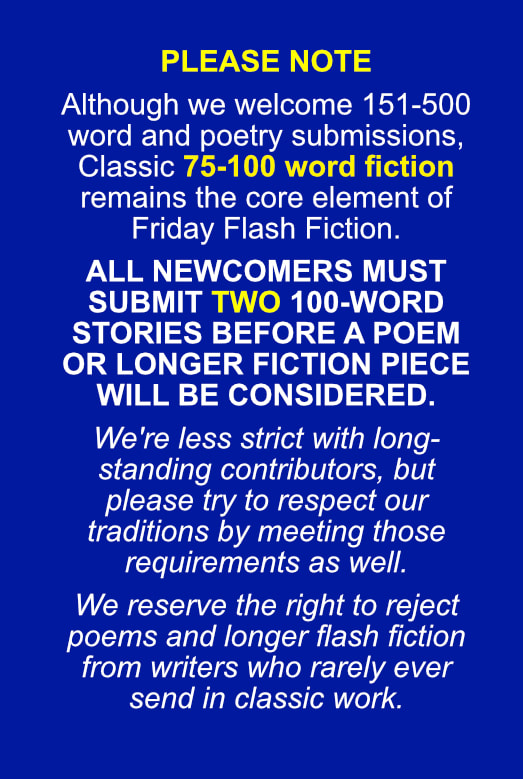Tom followed his advice, taking a day’s break to visit Evora’s historic ruins, while learning that the term “Capela dos Ossos” translated into “Chapel of the Bones” and it was next to the Church of St. Francis.
Finishing his exploration of the city, Tom headed towards the parent church. At the end of his visit of there, he was directed to the attached smaller chapel whose entrance door bore the sign “Nós ossos que aqui estamos pelos vossos esperamos” that loosely translated to “We bones are here waiting for yours". On entrance, Tom realized that the entire inner hall was decorated with original human skulls and bones. Historically, the place was built by Franciscan monks in the 16th century preaching the essence of “Memento mori", metaphorically meaning “Remember you have to die”. Building this place, the monks wanted to inspire the followers into contemplating life’s transient nature. It has been said that about 5000 skeletons that were utilized in completing the interior decoration came from the graves of the nearby cemeteries. While walking inside the church towards its altar, he came across a poem attributed to Fr. António da Ascenção Teles (translated from its original language to English by Fr. Carlos A. Martins) placed on a display board. In the dim light, he was able to read only a section:
“Where are you going in such a hurry traveler?
Stop … do not proceed;
You have no greater concern,
Than this one: that on which you focus your sight.
Recall how many have passed from this world,
Reflect on your similar end,
There is good reason to reflect
If only all did the same.
The poem clearly delineated the purpose the monks had in mind of this chapel of serving as a place to meditate on the transience of material things in the undeniable presence of death, especially when Evora at the time was noted for its wealth.
Suddenly, Tom felt a touch on his shoulder. The bus driver was waking him up to alert that the bus had arrived in Evora. He realized that he had fallen asleep and already toured the “Capela dos Ossos” in his dream.
Next day, after visiting all other attractions of the city, Tom would spend the afternoon in a local bar watching the live telecast of a football match of European Championship.

